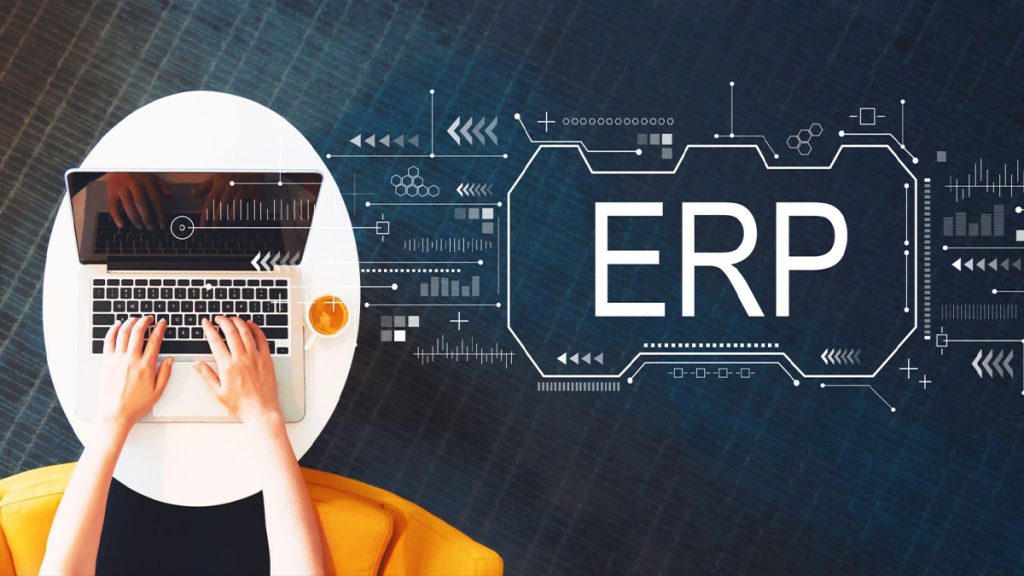Introduction:
In the fast-paced and highly competitive world of the restaurant industry, managing operations efficiently is crucial for success. One technology that has revolutionized the way restaurants operate is Enterprise Resource Planning (ERP) systems. In this blog post, we will explore the benefits that ERP brings to restaurants, helping them improve efficiency, streamline operations, and ultimately enhance the overall dining experience for customers.
Integrated Management:
One of the primary advantages of implementing an ERP system in a restaurant is the ability to integrate and centralize various management functions. ERP software allows for the seamless integration of operations such as inventory management, order processing, customer relationship management (CRM), financial management, and human resources. This integration eliminates the need for multiple standalone systems, reduces manual data entry, and improves data accuracy and consistency.
Efficient Inventory Management:
ERP systems provide comprehensive tools for managing inventory in real-time. With an ERP, restaurants can track ingredient usage, monitor stock levels, and automate replenishment processes. This helps prevent overstocking or stockouts, reduces wastage, and ensures timely delivery of ingredients. Accurate inventory data also enables better forecasting and cost control, ultimately leading to improved profitability.
Streamlined Ordering and Supply Chain:
By integrating the ordering process with suppliers, an ERP system simplifies and streamlines the supply chain management in restaurants. With real-time visibility into inventory levels, the system can automatically generate purchase orders when stock falls below a predefined threshold. This automated process eliminates manual errors, reduces paperwork, and improves the efficiency of the procurement process.
Enhanced Customer Experience:
An ERP system enables restaurants to capture and analyze customer data, facilitating personalized services and improved customer experiences. By integrating CRM functionalities, restaurants can store customer preferences, track order history, and offer tailored promotions or discounts. The system also enables efficient reservation management, table tracking, and waitlist optimization, reducing customer wait times and enhancing overall satisfaction.
Financial Management and Reporting:
With an ERP system, restaurants can automate financial management tasks, including accounting, budgeting, and financial reporting. The system provides real-time visibility into financial data, allowing owners and managers to make informed decisions and monitor financial performance effectively. Automated reporting features help generate accurate financial statements, reducing manual effort and ensuring compliance with regulatory requirements.
Efficient Workforce Management:
An ERP system simplifies human resource management processes, including employee scheduling, payroll, and performance tracking. By automating these tasks, restaurants can optimize staffing levels, streamline payroll processing, and monitor employee productivity. This leads to improved workforce efficiency, reduced labor costs, and better overall staff management.
Conclusion:
Implementing an ERP system in a restaurant brings numerous benefits that enhance efficiency, streamline operations, and elevate the dining experience. From integrated management and efficient inventory control to streamlined ordering processes, enhanced customer experiences, and improved financial management, ERP systems offer a comprehensive solution for the unique challenges faced by restaurants. By leveraging this technology, restaurants can achieve operational excellence, reduce costs, and gain a competitive edge in the industry.
